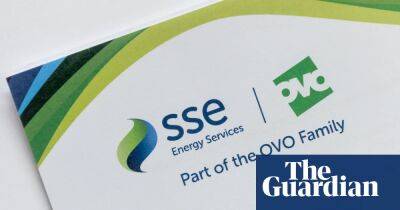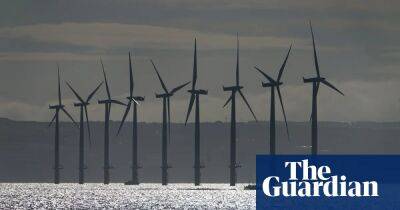Fewer new cars qualify for $7,500 electric vehicle tax credit. Here are 2 alternatives
The number of new electric vehicles eligible for a $7,500 federal tax credit fell by almost half on Tuesday, as new rules issued by the U.S. Department of the Treasury took effect.
However, consumers in the market for an electric passenger vehicle can still access a tax break by instead buying a used EV or leasing a vehicle, experts said.
The Inflation Reduction Act, which President Joe Biden signed in August, is the most ambitious climate spending package in U.S. history.
Among other measures, the law offered tax incentives to encourage Americans to shift to cleaner cars and trucks that don't burn fossil fuels.
It extended an existing nonrefundable tax credit — worth up to $7,500 — through 2032 for consumers who purchase new electric vehicles. But the law also tweaked the eligibility requirements for buyers and auto makers.
More from Personal Finance: 3 ways to cut 'off the charts' travel costs, experts say This free tax tool may find 'overlooked' credits or refunds, IRS says Here's Apple's new 4.15% rate on savings account ranks
For example, as of Aug. 17, final assembly of the car had to take place in North America.
The law also directed the Treasury Department to draft two additional rules that apply to the sourcing of car battery components and critical minerals. Lawmakers' aim is to encourage carmakers to build batteries with domestic supply chains instead of relying on countries like China for essential parts.
Those requirements kick in today and phase in over a few years. Auto and tax experts had expected the number of EVs eligible for the full $7,500 to fall temporarily as auto makers ramp up their supply chains.
Before Tuesday, 41 new vehicles from 14 auto makers were eligible for at least a partial tax credit
Read more on cnbc.com














